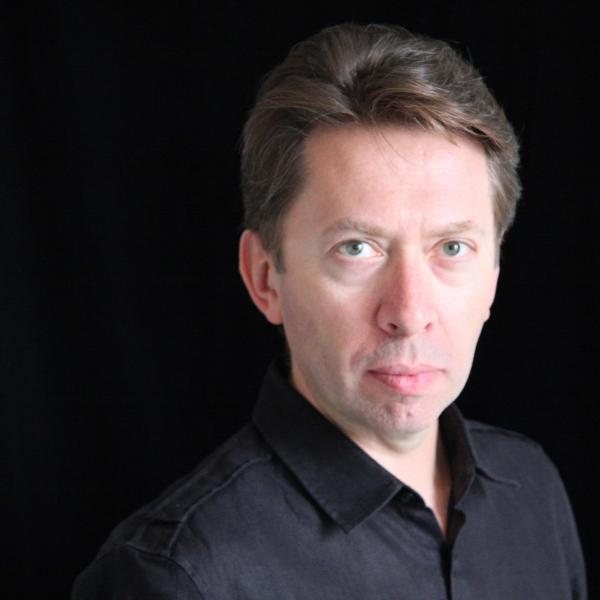
Frédéric Durieux's "Theater of Shadows"
Program notes:
Upon learning last summer of the death of Christian Boltanski (1944–2021), an artist of the highest rank, I thought of composing a score that would serve as a tribute to him. Having followed his work quite closely for more than three decades, I consider it among the most impressive art of the past half-century. The news of his death reached me as I was starting to compose the score commissioned by the Chicago Center for Contemporary Composition, and I therefore turned to Boltanski and sought a work of his that could give a particular impetus to my piece.
I thought almost immediately of the installation Théâtre d’ombres (1984–97), which has been displayed in several versions and which I was able to see in two different venues. Very oneiric, almost childlike, this installation is nonetheless profound in its evocations of different Hebraic traditions as well as Plato’s cave, prehistoric rock-painting and Asian puppet theater. This installation makes connections among different mythologies found in European, Latin-American, Asian, and African cultures.
When I began work, the very beginning of Boltanski’s installation circulated in my mind, the moment when different shadow figures are projected onto the walls surrounding the audience and are set into motion by heat emerging from lamps. These opening movements evoked in me thoughts of shamans conjuring up the spirit or memory of those who have left us. I also bore in mind that Christian Boltanski’s works always have a more or less direct link with the Shoah, a topic of obsession for the artist whose family had been profoundly marked by anti-Semitism in France during World War II.
My score begins with hazy sonorities that gradually develop into first rhythms, then complex harmonic situations before, at last, melodies that seem almost Middle Eastern in origin break free. A kind of danse macabre slowly gets going before freezing in place and returning to the murky situation of the opening.
I would like to thank very sincerely Mr. & Mrs. Grossman for their patronage, Prof. Augusta Read Thomas for initiating the project and James Baker and all the musicians and staff of the Grossman Ensemble for their work in bringing this piece to life.
Frédéric Durieux's Theater of Shadows premiered on May 20, 2022 with the Grossman Ensemble.
